The raised spots are likely the work of psyllids, common name plant lice, small insects that depending on the species are host-specific, that is one species of a psyllid will colonize on one particular plant. They become abundant when temperatures warm and host plants develop fresh growth. The psyllid sucks the nutrients out of the foliage, stems, etc. and galls form on the leaves or buds. They also have ecreta, known as honeydew which can lead to the development of black sooty mold. Most experts agree that the psyllid damage is primarily aesthetic, but if population is extensive and the plant is yellowing there are several options: Use yellow sticky traps, spray the plant with Neem or horticultural oil (will need to re-apply until the problem is controlled) or if the plant is an ornamental, not an edible, a chemical insect control containing imidacloprid. Visit your local garden center for confirmation of the problem and appropriate remedy.
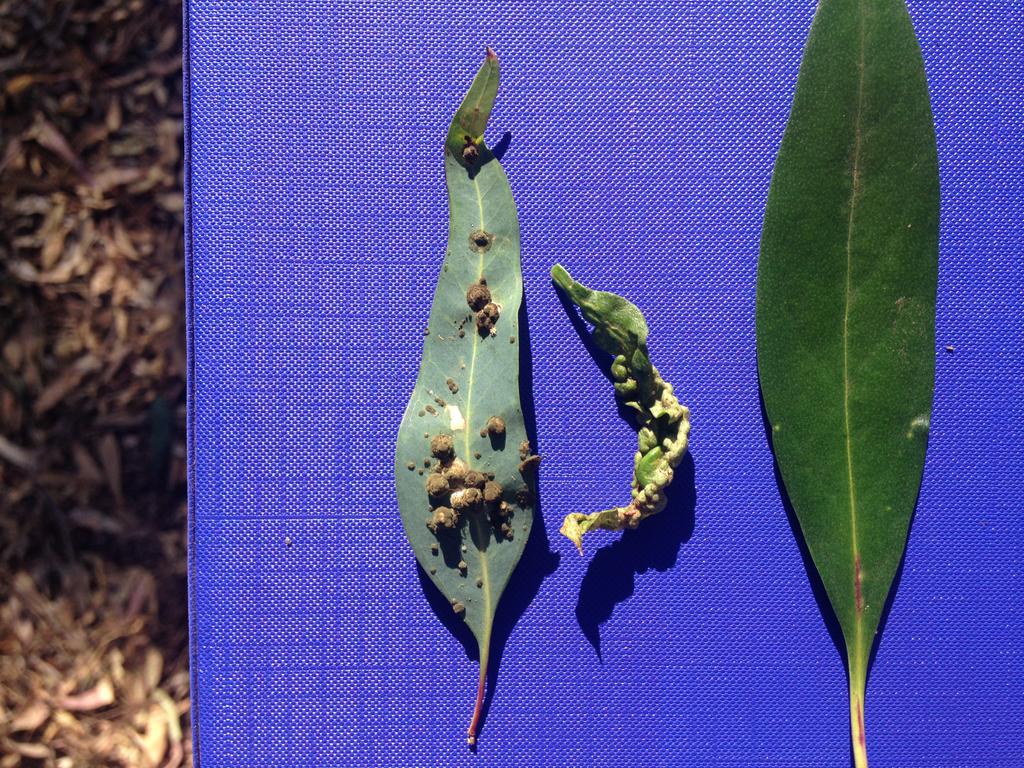
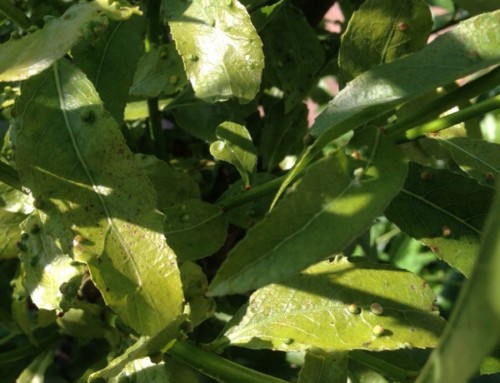
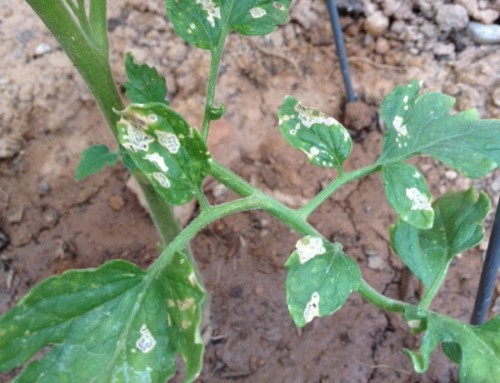
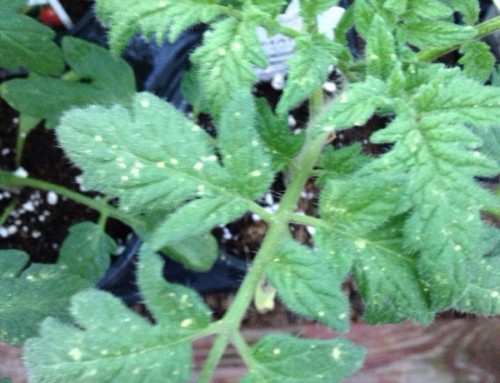
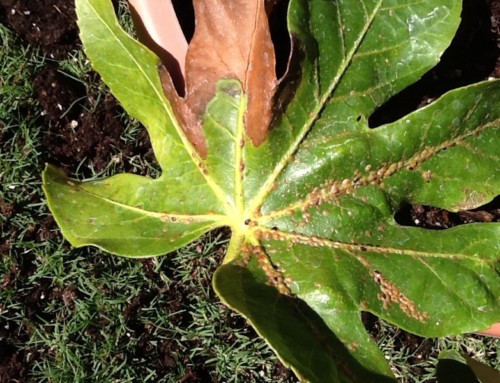
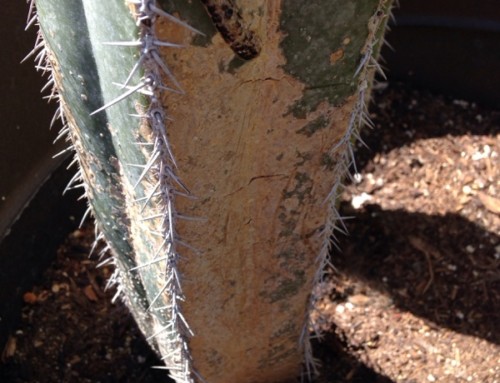
Leave A Comment